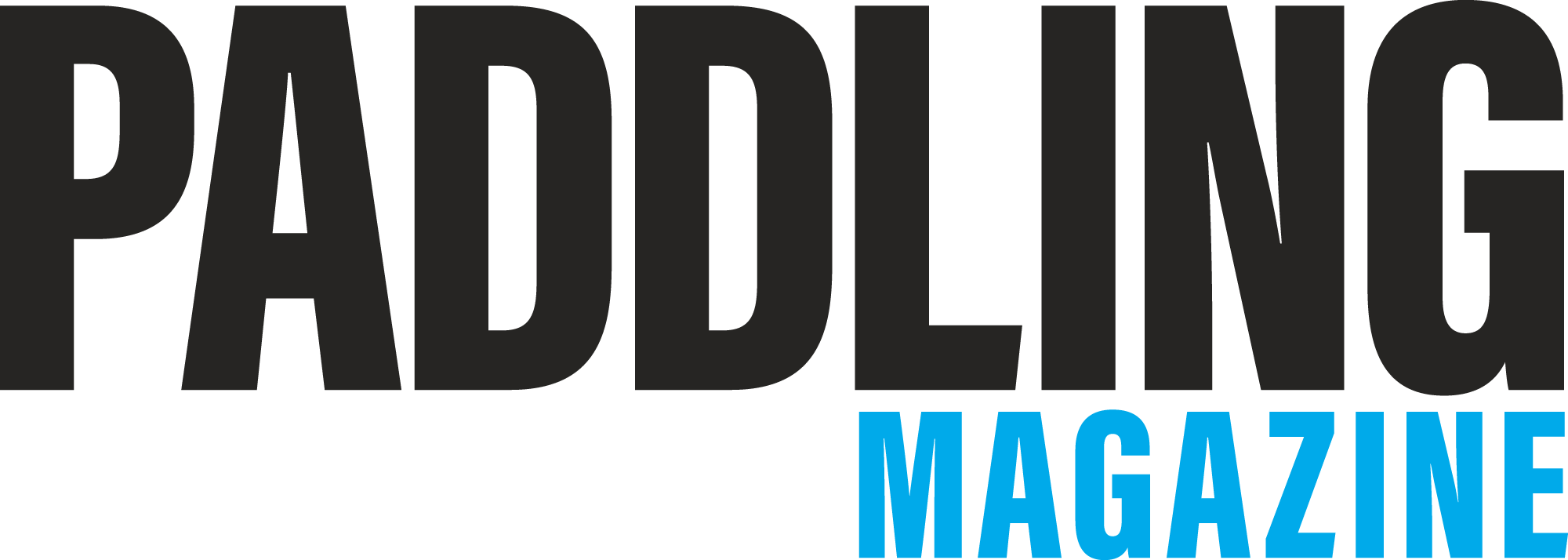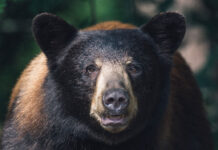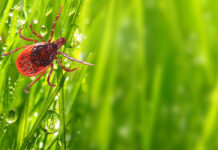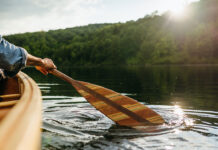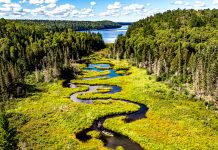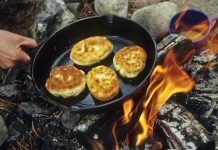I’m a worrier. I know this because my 11-year-old daughter tells me so.
It might be some type of genetic disposition I’ve been cursed with. Or it may be I just have a lot to worry about.
I worry about our natural wilderness. With urban sprawl, deforestation and climate change threatening, I worry whether the next generation will have any wilderness left. Even more worrying is whether people will still want to travel in these remote and magical locations.
Increasingly, people canoe and camp for shorter periods of time, in areas closer to urban centers. They post to Instagram from the portage trail, fundamentally altering the wilderness experience. Those campers will never even know the truly remote and magical experiences they’re missing out on. Without the opportunity to connect to these wild areas, who will grow to love them and fight for them when the time comes?
In 1949 Alfred Leopold wrote, “The richest values of wilderness lay not in the days of Daniel Boone, nor even in the present, but rather in the future.”
It’s a great line, but more and more often, it seems the people who do spend time in the wilderness are trying to “survive” out there, rather than be part of it. Television’s so-called reality shows far outnumber true tales on the joys of wilderness travel. Bear Grylls’ sensationalistic Man vs. Wild has even been trumped by the lunacy that is Naked and Afraid—almost four million weekly viewers and counting.
Are we stepping backwards into a Lewis and Clarke era? Why are we attempting to conquer nature rather than connect with it?
When my daughter tells me I’m a worrier, I worry that she may be right.
Luckily, she says I have another character trait: I’m an optimist. She says I have to be for her sake. To give up on the future of wilderness protection means I’m giving up on her.
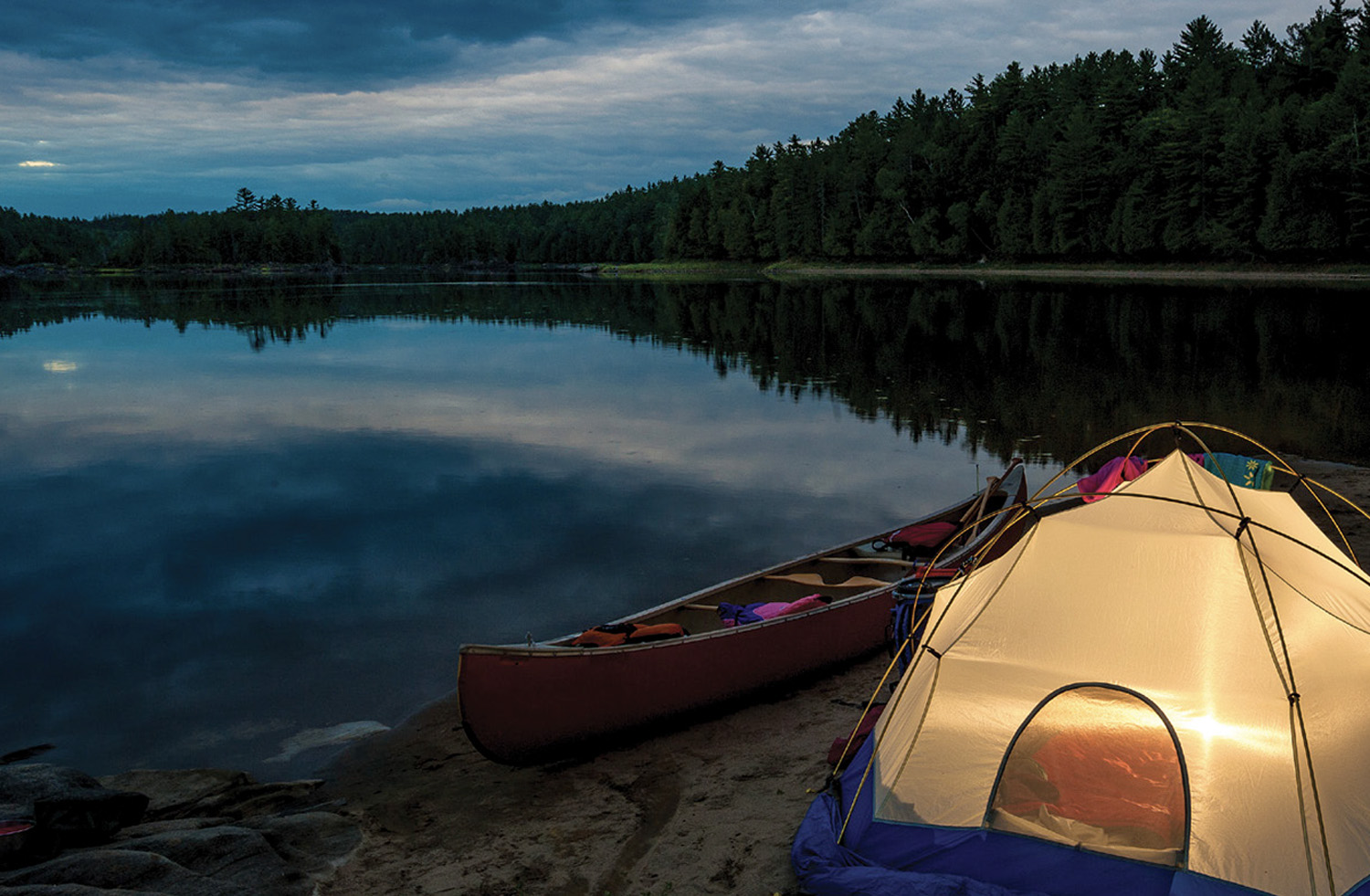
My daughter is certainly not giving up. She’s grown to love the woods even more than I do. And that love has inspired a passionate desire to protect her playground. On a canoe trip last summer she memorized a quote by Chief Seattle, the 19th century advocate for wilderness protection and Native rights, as well as the namesake for the U.S. city.
In camp in the evening she recited his words to me: “We are part of the earth, and it is part of us. The flowers are our sisters, the deer, the horse, the great eagle, these are our brothers. The rocky crests, the juices of the meadow, the body heat of the pony and the man, we all belong to the same family. The shiny waters that move through the streams and rivers, is not just water, but the blood of our ancestors.”
Someday the blood in the shining water flowing through the streams and rivers will be mine. I have to believe that my grandchildren will paddle these waters and will fight to protect them.
Kevin Callan is an author of 15 canoe camping books and guides. Butt End is his regular column in Canoeroots magazine.
 This article originally appeared in the 2016 Paddling Buyer’s Guide issue.
This article originally appeared in the 2016 Paddling Buyer’s Guide issue.
Subscribe to Paddling Magazine and get 25 years of digital magazine archives including our legacy titles: Rapid, Adventure Kayak and Canoeroots.

